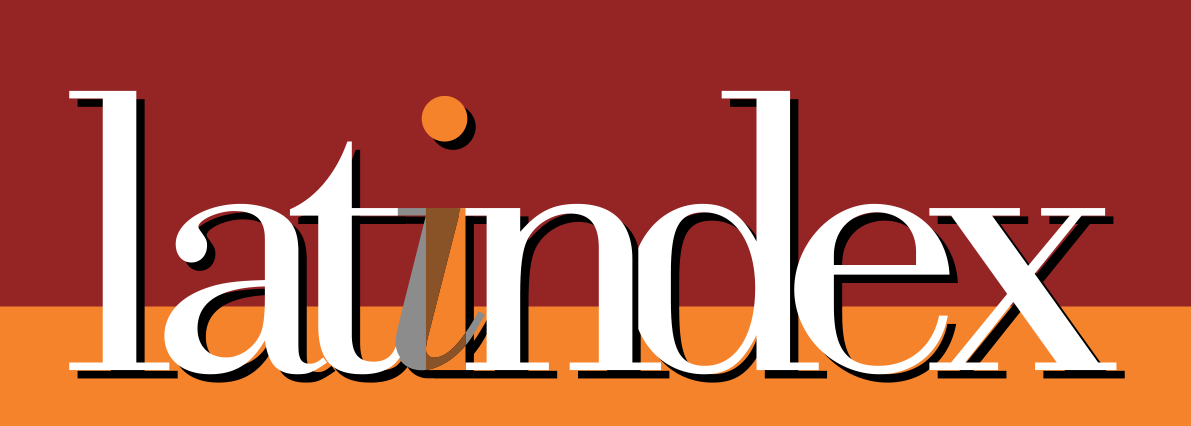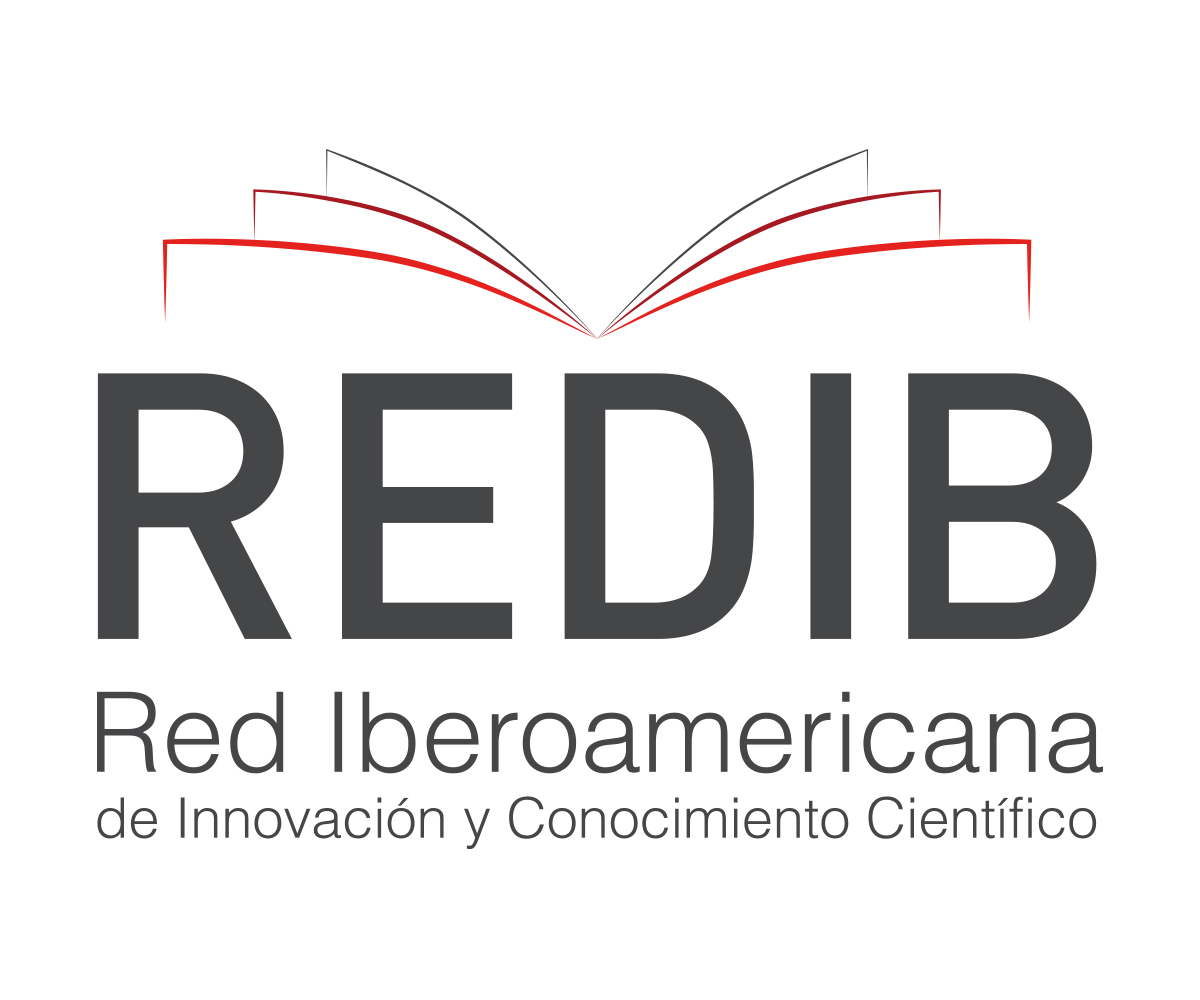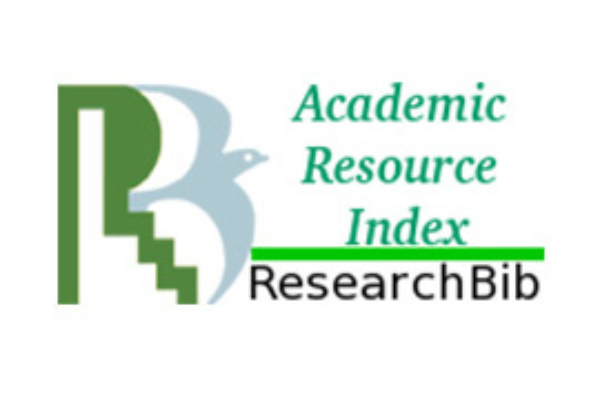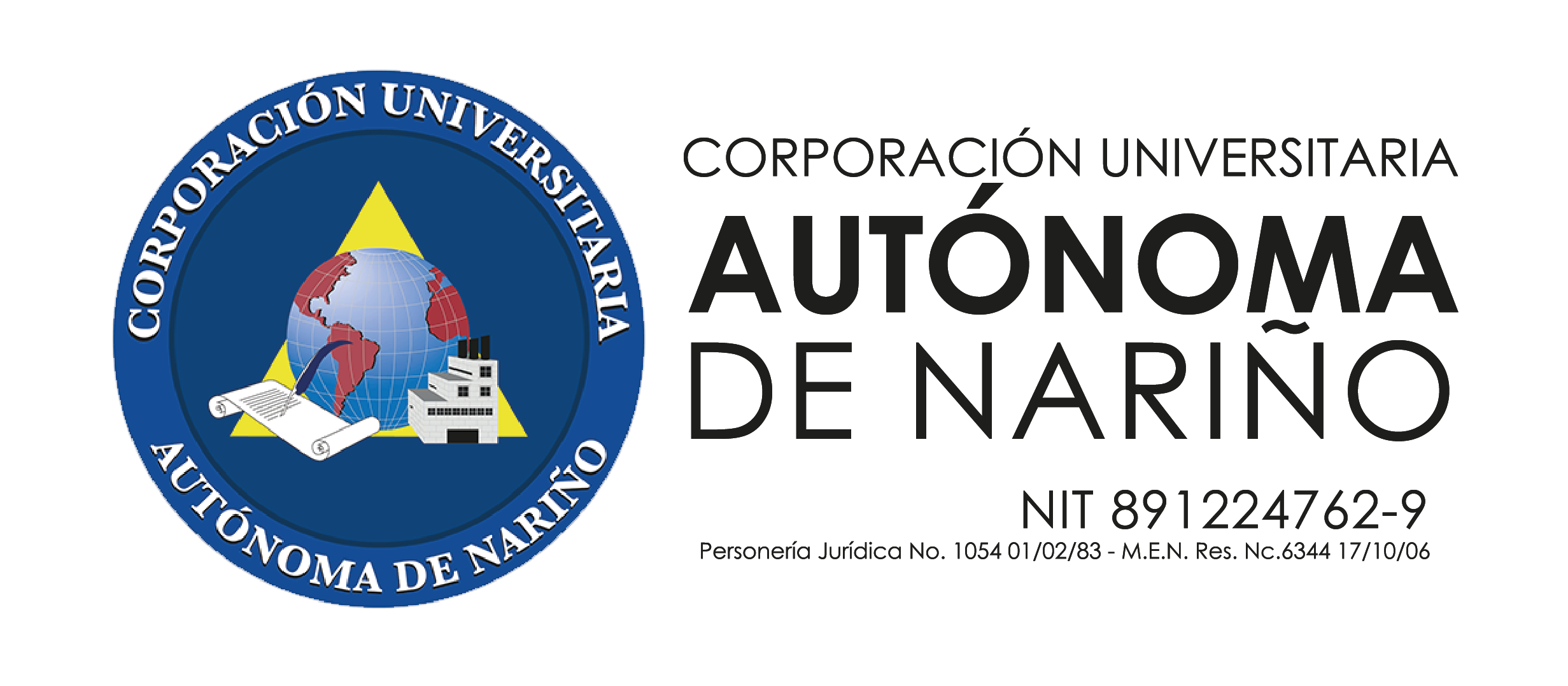COVID-19 en Colombia: repercusiones en la economía
DOI:
https://doi.org/10.47666/summa.4.1.04Palavras-chave:
COVID-19, economía, empleo informalResumo
Esta investigación muestra los efectos del COVID-19 en varios sectores económicos a nivel mundial y en el mercado colombiano. Los efectos negativos en la economía por las restricciones obligatorias impuestas por los gobiernos de cada país se reflejan en la alta tasa de desempleo, baja demanda de empleo informal y cierre de negocios y/o empresas. Por tanto, la mayor caída del PIB en el continente europeo se produjo en Francia y Reino Unido con un 11,4% y un 11,5%, respectivamente. En América Latina el mayor impacto económico recibido fue la reducción de la inversión, obteniendo un valor aproximado del 85%, y en Colombia el PIB cayó considerablemente en un -15,7% por múltiples factores provocados por las medidas impuestas para evitar la propagación del virus. Además, actividades económicas como la producción industrial tuvo una caída de -35.6% en marzo, el sector manufacturero disminuyó -25.4% y el sector construcción aproximadamente -31% en el mes de junio.
Downloads
Referências
Alfani, G., & Murphy, T. E. (2017). Plague and lethal epidemics in the pre-industrial world. The Journal of economic History, 77(1), 314-343.
American Veterinary Medical Association (2020). COVID-19. [Online]. Available: https://www.avma.org/resources-tools/animal-health-andwelfare/COVID-19.
Benedictow, O. J. & Benedictow, O. L. (2004). The Black Death, 1346-1353: the complete history. Boydell & Brewer.
Cáceres, M. M. F.; Cuadros, C. G. R.; Oyola, P. G. M. y Cruz, Y. A. B. (2020). COVID-19: Un gran desafío para la salud pública y la economía en Colombia. Revista Cuidarte, 11(3).
Cardona-Arenas, C. D. & Serna-Gómez, H. M. (2020). COVID-19 and oil prices: Effects on the colombian peso exchange rate. [Online]. Available: https://papers.ssrn.com/sol3/papers.cfm?abstract_id=3567942
Crosby, A. W. (2003). America's forgotten pandemic: the influenza of 1918. Cambridge University Press.
DANE. (2020). Estadisticas por tema, ECONOMÍA. [Online]. Available: https://www.dane.gov.co/index.php/estadisticas-por-tema.
Díaz, A. y Serra, L. (2020). Competencias digitales del docente universitario. SUMMA. Revista disciplinaria en ciencias económicas y sociales, 2(1), 105-125.
Fu, L.; Wang, B.; Yuan, T.; Chen, X.; Ao, Y.; Fitzpatrick, T. & Zou, H. (2020). Clinical characteristics of coronavirus disease 2019 (COVID-19) in China: a systematic review and meta-analysis. Journal of Infection, 80(6), 656-665.
Garcés, J. y Mora, C. (2020). Estrategias de aprendizaje para mitigar la deserción estudiantil en el marco de la COVID-19. SUMMA. Revista disciplinaria en ciencias económicas y sociales, 2(Especial), 49-55. https://doi.org/10.47666/summa.2.esp.06
Green, M. H. (2015). Editor’s introduction to Pandemic disease in the medieval world: Rethinking the Black Death. In Pandemic Disease in the Medieval World (pp. 9-26). ARC, Amsterdam University Press.
Ibn-Mohammed, T.; Mustapha, K. B.; Godsell, J.; Adamu, Z.; Babatunde, K. A.; Akintade, D. D. & Koh, S. C. L. (2021). A critical analysis of the impacts of COVID-19 on the global economy and ecosystems and opportunities for circular economy strategies. Resources, Conservation and Recycling, 164, 105169.
Li, Y.; Temkin‐Greener, H.; Shan, G. & Cai, X. (2020). COVID‐19 infections and deaths among Connecticut nursing home residents: facility correlates. Journal of the American Geriatrics Society, 68(9), 1899-1906.
Littman, R. J. & Littman, M. L. (1973). Galen and the Antonine plague. The American Journal of Philology, 94(3), 243-255.
Martínez, J.; Durán, S. y Serna, W. (2021). COVID-19, educación en emprendimiento e intenciones de emprender: factores decisorios en estudiantes universitarios. Revista de Ciencias sociales, 27(2), 272-283. https://doi.org/10.31876/rcs.v27i2.35913
McKibbin, W. & Fernando, R. (2021). The global macroeconomic impacts of COVID-19: Seven scenarios. Asian Economic Papers, 20(2), 1-30.
Morens, D. M. & Fauci, A. S. (2007). The 1918 influenza pandemic: insights for the 21st century. The Journal of infectious diseases, 195(7), 1018-1028.
Nicola, M.; Alsafi, Z.; Sohrabi, C.; Kerwan, A.; Al-Jabir, A.; Iosifidis, C. & Agha, R. (2020). The socio-economic implications of the coronavirus pandemic (COVID-19): A review. International journal of surgery, 78, 185-193.
Parra, M.; Marambio, C.; Ramírez, J.; Suárez, D. & Herrera, H. (2020). Educational convergence with digital technology: integrating a global society. In International Conference on Human-Computer Interaction (pp. 303-310). Springer, Cham.
Presidente del Consiglio dei Ministri. (2020). Ulteriori disposizioni attuative del decreto-legge 23 febbraio 2Ø29, n. 6, recante misure urgenti in materia di contenimento e gestione dell'emergenza epidemiologica da COVID-19. (2ØA31522). [Online]. Available: https://www.gazzettaufficiale.it/eli/id/2020/03/08/20A01522/sg
Proaño, C. R. (2020). On the macroeconomic and social impact of the coronavirus pandemic in Latin America and the developing world. Intereconomics, 55, 159-162.
Radu, B. M. (2020). Analysis Of The Different Measures Taken By The European Union And Romania To Contract The Effects Of COVID On The Labor Market. Internal Auditing & Risk Management, 58(2), 9-21.
Roa, M. (2020). Cuánto caerá el PIB en 2020? IMPACTO ECONÓMICO DEL CORONAVIRUS, STATISTA. [Online]. Available: https://es.statista.com/grafico/23672/variacion-interanual-del-pib-real-en-paises-seleccionados-en-2020/
Slavin, P. & DeWitte, S. (2013). Between famine and death. Physiological stress and dairy deficiency in England on the eve of the Black Death (1315-50): new evidence from paleoepidemiology and manorial accounts. Journal of Interdisciplinary History, 44(1), 37-60.
Smeets, K. & Zeisberger, S. (2020). How FinTech can help Latin America to deal with economic challenges and the COVID-19 crisis. [Online]. Available: https://papers.ssrn.com/sol3/papers.cfm?abstract_id=3673240
Taubenberger, J. K. & Morens, D. M. (2006). 1918 Influenza: the mother of all pandemics. Revista Biomedica, 17(1), 69-79.
Wagner, D. M.; Klunk, J.; Harbeck, M.; Devault, A.; Waglechner, N.; Sahl, J. W. & Poinar, H. (2014). Yersinia pestis and the Plague of Justinian 541–543 AD: a genomic analysis. The Lancet infectious diseases, 14(4), 319-326.










.jpg)

.png)
.png)











